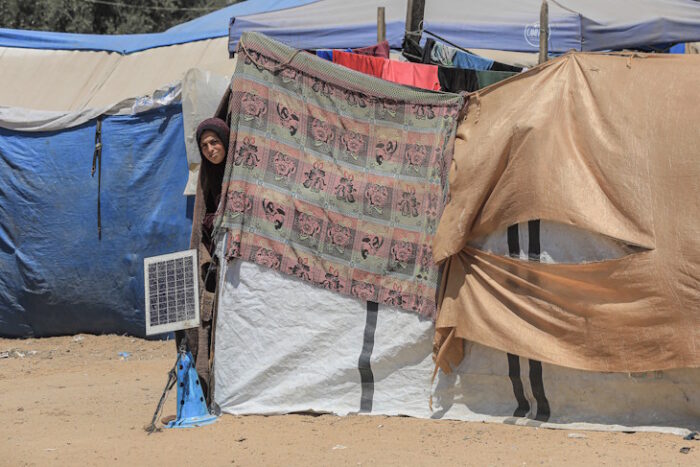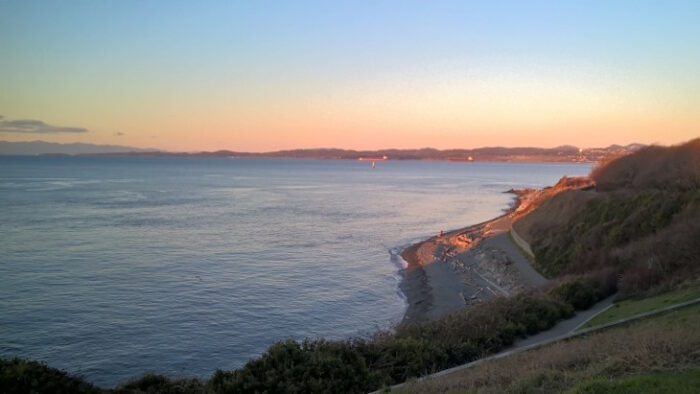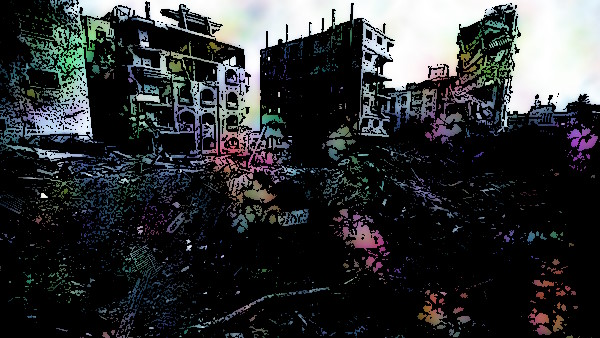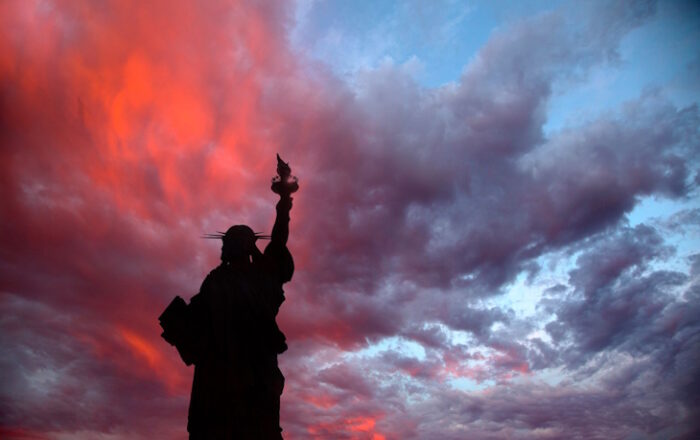Once in a village that is burning
because a village is always somewhere burning
And if you do not look because it is not your village
it is still your village
-Elana Bell
You’ll remember Dorothy Day, whose anarchy, nonviolence, love of the poor, and love of God, were of one piece; who was thrown into prison because of her protest of the Vietnam war. And all could see what kind of system fears an old woman with an abundance of courage.
What we forget, was her exhaustion, her sorrow and pain, How she withdrew for hours, even days, to weep. For being whole is costly.
And here I think, too, of Dietrich Bonhoeffer, a pastor who had participated in a church that overlooked what was going on under Nazism. Then this: “We have been silent witnesses of evil deeds…are we still of any use?”
A question that made him denounce what he called, “cheap grace” and struggle to recover an authentic, lived-out faith. Which made him a threat, a dissident of a fascist regime. He was executed in the Flossenbürg concentration camp.
And I think of the Jesuit priest, Daniel Berrigan, hunted by agents of J. Edgar Hoover for burning some draft files with homemade napalm, banished by his own Church for never shutting up about the evils of war. His reply: “Faith is rarely where your head is at. Faith is not where your heart is at. Faith is where your ass is at!”
Today, Roger Hallam, a vegetable farmer from Wales, is in prison. He’s serving a five-year sentence (longest on record for nonviolent protest) for conspiracy to climb a bridge and hold up traffic on London’s M25. Out of love for the earth and her inhabitants, he disrupts things to bring attention to our dying planet.
He’s an indelicate St. Francis. Falsely accused of incitement to violence: “I’m a follower of Gandhi, for f*ck’s sake!” “Love,” he said later, “is beyond any mundane consideration of life and death. Love is the dogma that action has to be dedicated to the wellbeing of the other, ‘love your enemies’—regardless of the consequences.”
I’m reading the books of theologian, Dorothy Sölle, an amalgam of mystic and rebel—deemed a heretic for conflating theology and politics, spirituality and civil disobedience. Her theology of liberation was not desk-bound. She was arrested, tried and sentenced for organizing blockades of nuclear missile installations.
She once compared the call to resisting the “overwhelming arrogance of power”, with the pain of giving birth. “Despite my best efforts the pain was too great to remember my breathing, but after a great wave passed, my breathing came back—present, slow-paced, it relieved my anxiety while I waited for the next inevitable wave.”
She said we are capable of suffering because we are capable of love, and that the two were not opposed but necessary for any new birth to occur.
“When I was told my cancer was incurable,” said poet, and activist, Andrea Gibson, “I felt the expected fear and grief. But I also felt relief. Because when I heard the system say, ‘We can’t save you,’ it was the first time since my diagnosis that I felt as if my life was in my hands. Watching the election, I felt something similar: grief, fear. Then this thought—Our lives are in our hands. They always were, but it’s clearer than ever now.”
So here we are, in what Yale philosophy professor, Jason Stanley, describes as fascism’s “legal stage.” (I say “we” because while this was America’s election, its effects are global, its lingering questions, existential.)
Of course the majority of the nearly 77 million that voted for this outcome, among which many of us will have relatives and friends, are not fascist; they voted for what they believed was a better choice, or against what they believed was the worse choice.
Author Toni Morrison (whose books are often targets of book-bans), as far back as 1995, in a convocation address at Howard University spoke about the creep of fascism. Her ten-step list of warning wasn’t over fascist ideology, rather it was about “forces interested in fascist solutions to national problems.”
Watching parts of those Republican rallies, it’s impossible to argue that here, 30-years later, Morrison’s predictions were unfounded.
At the same time, whatever branch of virtue there was during the Democrat campaign needs to be grafted on an entirely new tree. For beneath the two-party duopoly, or rather, the inosculation (which occurs when two individual trees growing in close proximity become morphologically joined), is the same acidic, plutocratic, soil—a stratum of corporate and oligarchic power.
Democracy dies in double-dealing. You cannot serve both money and humanity. A Party that’s honest, cannot honestly champion progressive policies, while being subservient to a corporate elite coring out the middle, and growing richer through the erasure of an entire people.
For hundreds of thousands of Americans, and for Dr. Maura Finkelstein, a Jewish tenured professor of cultural anthropology at Pennsylvania’s Muhlenberg College, who was fired for speaking and teaching on Zionism and Palestinian freedom, the election was about a “red line”—it was about, “the lives of Palestinians, who are being slaughtered by the tens of thousands, starved by the hundreds of thousands, and displaced by the millions.” It was about a Party that has lost its moral centre.
Dorothy Sölle makes the distinction between true and childish compassion. Feeling bad about the incomprehensible suffering of Palestinian families, using the language of ceasefire, even sending humanitarian aid, while supplying 17.9 billion (so far) in weaponry to Israel under the Biden/Harris administration, does not even reach the bar of “childish compassion.”
This kind of duplicity is what journalist Chris Hedges calls the, “politics of cultural despair”. No winners here but Lockheed Martin, Raytheon Technologies, and the like (who through affiliates are hefty contributors to both Parties).
A despairing, decaying society, seemingly stripped of political, social and economic power, instinctively reaches for an authoritarian leader, who in turn provides a scapegoat.
As with Jews in post-Weimar Germany, today’s, refugees, brown-skinned immigrants, Moslems, LGBTI—especially trans persons, were ritually singled out at every red-cap rally, as the cause of America’s economic and societal anxieties. To remove this stain, says the cult-figure at the helm, will make America great again.
In this light consider the radical hospitality of Emma Lazarus’ poem, The New Colossus, inscribed on a statue that is the symbolic welcome mat of the United States: “Give me your tired, your poor / Your huddled masses yearning to breathe free…” Here, lies a nation’s greatness.
A few days ago, walking along the bank of the Bow River, I saw, painted on a large rock, “TOTAL CONTROL! SS”. It’s still easy, here in Canada, to dismiss this reference to the Nazi protection squads, made up of “racially elite men.”
But stop here, Mr. Berg. You are white, straight, and male—not Moslem, Jewish, black or queer (or other persons of colour). In our own ‘tolerant’ country, crimes of hate are rising every year (in 2023, 4777 hate crimes were reported). It’s my “privilege” that allows me to say “easy to dismiss;” which is nothing else than a form of silence.
Silence, whether in the slow response of our current government, or in the Opposition’s apparent reticence to distance a far-right segment of voters, amounts to tacit approval, if not a betrayal of history.
In Modernity and the Holocaust, Zygmunt Bauman, professor of sociology at Leeds University wrote, “In the years leading to the Final Solution the most trusted of the safeguards had been put to a test. They all failed—one by one, and all together.”
In making this reference, I ask myself if I’m being alarmist. But Bauman, first a victim of the Nazis then the Communists, later driven out of Polland’s Peoples Republic, writes clearly of the “genocidal potential latent within every modern bureaucratic society that privileges process, order and efficiency over morals, responsibility and care for the other.”
Before Bauman died (2017) he asked, “See the world through the eyes of society’s weakest members, and then tell anyone honestly that our societies are good, civilized, advanced, free.” Yet for all his passion and considerable pessimism, he believed that the challenge could be confronted, the world could be remade through our hands.
“There is a terrifying amount of hate in our country,” writes Andrea Gibson, “but there is far more fear. Hate is the end of a conversation. Fear isn’t always. I’ve been on the lookout for moments when an honest and respectful conversation might reach the root of someone else’s fear.”
Most of us aren’t called to the labour of Dorothy Day or Dorothy Sölle, Berrigan, or Hallam. But their dependence upon, trust in, and active modelling of the Spirit of love and justice, should inspire us. Help us find our voice and our limbs—our unique dialect, our own creative walk, for lessening the distance between us, decreasing the fear—which is nothing other than a practical, often costly, form of love.
For spirituality is not a hazy concept, but participation with the movement of the Spirit, weaving together the kindness and courage of our better-selves, with an active love of justice. And…
In that village is a hollow child
You drown when he looks at you with his black, black eyes
And if you do not cry because he is not your child
he is still your child
-Elana Bell, from “Your Village”




